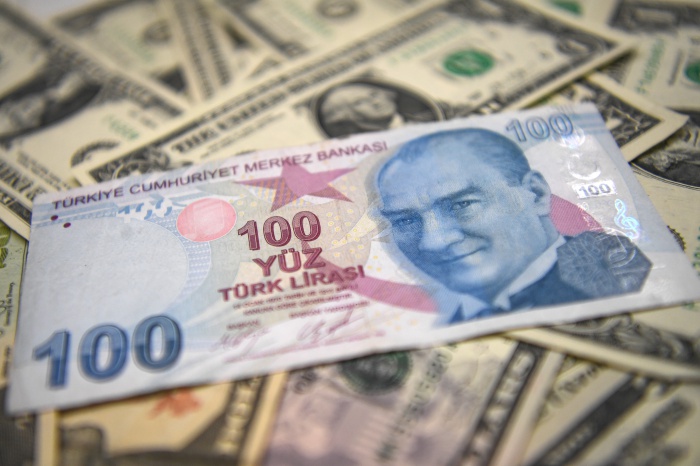According to a new presidential decree published in the Official Gazette on Wednesday, the Turkish government is poised to collect tax on foreign exchange transactions, the Artı Gerçek news website reported.
The “banking and insurance transactions tax” of 0.1 percent will be applicable to all forex operations except sales among banks and financial institutions and sales to the Treasury.
Sales made as part of foreign currency loan repayments were also exempted.
The decree brings back a practice that was introduced in 1998 and abandoned in 2008.
Experts warned that the move, apparently aimed at deterring dollarization and generating income for the government, may in reality result in an expansion of the informal economy.
“Bringing back the forex tax means restricting forex freedom. The Turkish lira cannot be protected by bans and tariffs while banks are so squeezed by pressures over interest rates. This would backfire,” economist Uğur Gürses tweeted.
Economics writer Vedat Özdan pointed out that the presidential decree is problematic from a legal point of view as the constitution clearly stipulates that taxes can only be regulated through laws.
Tufan Cömert, an investment coordinator at Garanti Bank, said based on the average daily volume of forex transactions in April, the tax would mean some $330 million in monthly revenue for the government budget if the tax were implemented.
Financial consultant Recep Atakan said given the high volatility of the Turkish lira the new fiscal regulation should not be expected to curb the market’s appetite for foreign currency.

